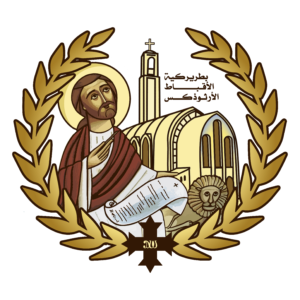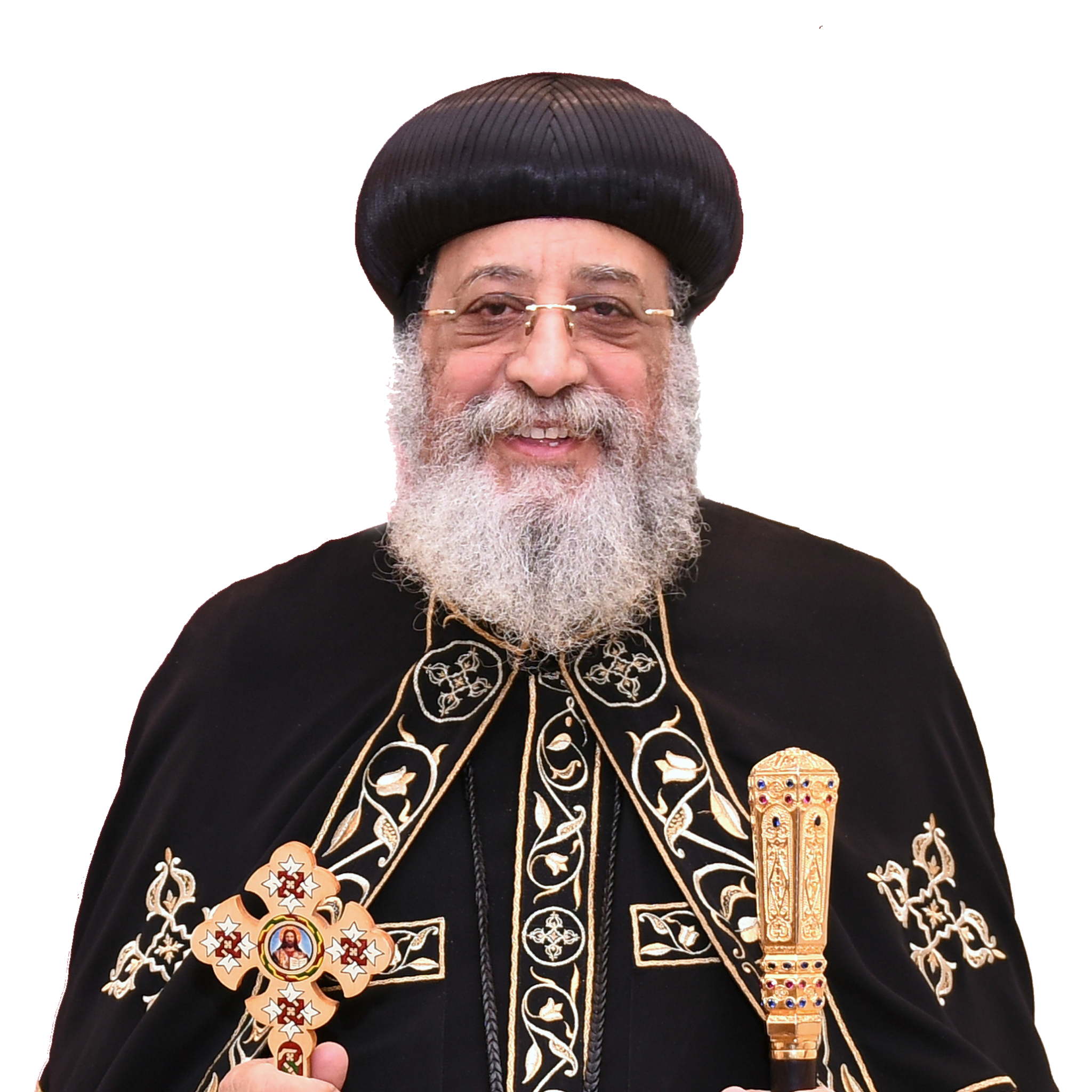Coptic Orphans
Coptic Orphans
Coptic Orphans Nurtures Children Through Love and Service
When it was established in 1988, Coptic Orphans was your typical charitable organization. Today, you might not call it a charity at all.
At first, Founder and Executive Director Nermien Riad saw a need—widowed mothers and fatherless children lost their breadwinner, and so needed financial support—and she mobilized a volunteer network to fill it. They diligently collected donations from Copts in the U.S. and sent them such families in Egypt, praying each dollar would make a difference.
But over time as Coptic Orphans grew, the field staff came to a realization. Fatherless children were certainly in need of financial support, but what they really needed was consistent emotional and psychological support. Otherwise, money is just a Band-Aid for a gaping wound.
Since its founding 35 years ago, Coptic Orphans has implemented various programs to adapt to what it has learned fatherless children and widowed mothers are in need of the most: one-on-one mentorship, careful attention, and guidance that supports their futures, wherever it may lead.
This is what sets Coptic Orphans apart from other nonprofits. Not only does it focus on providing quality education, it has specifically designed its programs to boost children’s development, help them develop resiliency, and empower them to lift themselves out of poverty.
Today, Coptic Orphans has evolved into an award-winning international Christian development organization.
Coptic Orphans has been recognized by many major entities for its success; most recently, in 2021 it earned consultative status in the United Nations Economic and Social Council (UN-ECOSOC). This status allows Coptic Orphans to participate in regular sessions of ECOSOC, its functional commissions, and its other subsidiary bodies.
The organization’s network of over 700 volunteer Reps, as well as its partnerships with 60 Coptic Orthodox dioceses in Egypt and 20 Community Development Associations (CDAs) in Egypt, ensures its sustainability and impact have the widest reach possible.
Coptic Orphans operates from its headquarters in United States of America and offices in Canada, Australia, the United Kingdom and Egypt. From the Egypt office, field staff implement its programs in 800 villages throughout the country.
Today, after 35 years of learning and adapting, Coptic Orphans has impacted 75,000 children across its three major programs:
The Not Alone Program
The Not Alone Program (NAP), Coptic Orphans’ flagship program, is implemented with 63 Coptic Orthodox bishops across Egypt.
Not Alone provides fatherless children with educational, psychological, and financial support that is impacted following the loss of their father. NAP does this by offering children formative, educational, and recreational activities that help them develop well-rounded characters, self-agency, pursue the highest possible levels of education, and a service-oriented spirit.
NAP is implemented through a group of Church-based volunteer representatives who are nominated by their local bishops. Reps are trained in topics like psychology, grief counseling, and other important topics so they can properly mentor families in the program.
NAP offers two scholarship opportunities for academically excelling students: the Future Leaders Scholarship to the high achievers of general high school students, and the Anba Samuel Scholarship to participants who have graduated from technical education and are pursuing a university degree. These scholarships provide the awardees with a training program on building their leadership skills and provide support for their education.
Unlike other educational nonprofits, Coptic Orphans remains with children in Not Alone through their highest level of education. For some, this means we’re with them for 15-20 years!
[To see some of the success stories of NAP participants, watch this video of Dr. Nashed.]
The Valuable Girl Project
The Valuable Girl Project empowers girls and young women through education and mentorship so that they can stay in school, avoid early marriage, gain dignity in the classroom and at home, and become leaders in their communities.
Young women in university are trained to be “Big Sisters” who mentor, tutor, and serve as role models for their primary school “Little Sisters.” This leads to improved academic performance for Little Sisters, while Big Sisters gain self-confidence and a greater appreciation for the importance of women’s education.
The Big Sister/Little Sister model is unique in that it provides a relationship based on love and sisterhood, rather than one based on authority and discipline that they otherwise receive from parents and teachers.
The Valuable Girl Project also has a critical peacebuilding component: it brings Christian and Muslim girls together to work together and build bridges between the two communities. Before joining Valuable Girl, both Christian and Muslim girls often have very limited, negative perceptions of the other group. After being paired up with their Big or Little Sister and spending time working on projects together, the girls learn that they have common goals in terms of improving their communities and fighting gender-based violence and discrimination.
The Valuable Girl Project is implemented in partnership with local community development associations (CDAs) under the supervision of the Ministry of Social Solidarity. Over a two-year cycle, Big Sisters and Little Sisters attend workshops to improve their academics, develop a positive self-image, and practice mutual respect and acceptance.
With 184 Valuable Girl project sites across Egypt, Coptic Orphans has reached over 15,000 girls and young women – and that doesn’t even cover the ripple effect they’ve have on others in their communities. [Click here to watch a project success story with Fatima and Demiana.]
Diaspora Engagement Program
Coptic Orphans works to connect Copts living in the diaspora with Egypt and the Coptic Church through its program, The 21. This program facilitates travel to Egypt where Copts from the diaspora serve Copts in Egypt by teaching children English. These programs also educate the volunteers about Egyptian social customs, Coptic history, and heritage.
Through these service trips, volunteers get the chance to see Upper Egypt and experience Egypt beyond the guise of tourism, and it’s often the first time these volunteers get such an opportunity.
The Diaspora Engagement Program works to promote feelings of responsibility for Copts in the diaspora towards their brothers and sisters in the homeland.
By visiting historical sites, engaging with local priests and churches, and learning more about Egyptian traditions firsthand, volunteers get a unique experience and often return with the desire to engage more with their Coptic communities back home.






